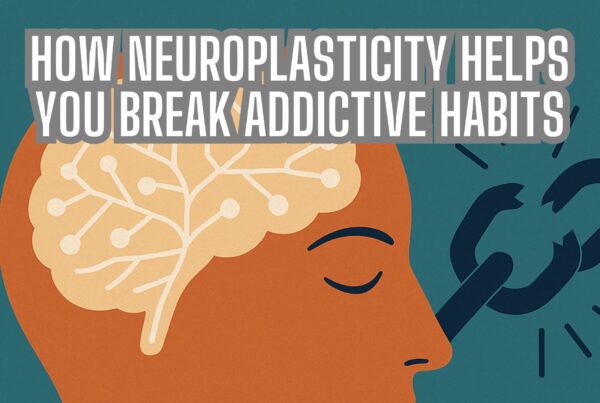The Power of Planning in Overcoming Addiction: Setting Sail Towards Recovery
The Power of Planning in Overcoming Addiction
In our journey through the complex terrain of addiction recovery, it’s essential to have a clear map. We need to know where we are and where we need to go. Once we’ve nurtured a mindset of resilience and positivity, it then becomes crucial to plan our course. In fact, this preparation uses insights from past experiences to pave the way for future growth and transformation.
Charting the Course: The Power of Planning
Now, envision standing at the helm of a ship with the vast ocean of recovery ahead. With tools like awareness and mindset acting as your trusty compass and steadfast crew, planning a course is vital. Without it, you might drift aimlessly or even stray off course. Therefore, it’s time to put the map sketched by your awareness to use and chart a strategic course forward.
Equipped with an understanding of when and where problematic behaviour tends to surface, you might wonder what can be done next. What counteractive measures can you put into place? How can you prepare to resist the addictive behaviours that pull you back towards old habits?
Using Awareness to Generate Insight
As we mentioned in the Embracing Awareness in Overcoming Addiction, becoming aware of the when, why, where, what, and how the problem occurs is vital. If you know the waters you’re travelling in detail, you can know when you need to swerve or change tact to get to your destination.
If you can become aware of how the problem exists, you can use that knowledge to predict when it is likely to happen again and plan the alternative. The problem is that, once you enter the problem behaviour, stopping it becomes so much more difficult. Having a plan in place will allow you to interrupt that pattern and guide you towards the alternative.
Embracing Alternatives: The Role of Substitute Activities
Identifying substitute activities is a key component of effective planning. They act like your ship’s sails, catching the winds of change and steering you towards your destination. For instance, consider the practice of journaling. It allows for documenting thoughts, feelings, and experiences and serves as a potent emotional outlet. Proven by research (Ullrich, P., & Lutgendorf, S., 2002), journaling enhances emotional regulation and promotes self-understanding, offering a constructive alternative to addictive behaviours.
Journey of Self-Discovery: Journaling as a Tool for Transformation
When you start journaling, it’s like embarking on a journey of self-discovery. This tool can help untangle the knot of emotions and thoughts accompanying addiction. Writing down fears, anxieties, and hopes, allows you to confront and understand them more deeply.
As a mindfulness exercise, journaling encourages living in the present moment. It lets you capture experiences in real-time and reflect on your actions and decisions. Consequently, this practice can offer invaluable insights into triggers and coping mechanisms, thus enhancing your ability to manage behaviour and resist addiction.
The Voyage Ahead: Building Your Plan
Building your plan is akin to constructing a vessel that will carry you through the choppy waters of recovery. This involves integrating the understanding of your triggers with practical, actionable strategies like journaling or other substitute activities. It’s important to remember that this plan isn’t a rigid roadmap, but rather a flexible guide capable of adapting to changing conditions and circumstances.
Identify times and places where you’re most susceptible to addictive behaviours and consider how to disrupt these patterns. Integrate activities that promote wellbeing and resilience into your routine. And most importantly, never hesitate to seek support from friends, family, or professionals.
Using the Power of Planning To Overcome Addiction
Your journey to recovery, like any voyage, requires meticulous planning and preparation. Despite how tumultuous the sea may get, every step you take is a step closer to your destination. With a well-charted course and determination filling your sails, you’re ready to navigate the ocean of recovery and land on the shores of a healthier, more fulfilling life.
Release Hypnosis Melbourne Hypnotherapy
Since 2015, Lawrence Akers has been working under the name Release Hypnosis offering Hypnotherapy and ACT based work to the people of Melbourne or an online service. Based on St Kilda Rd, Release Hypnosis is an easy and convenient location to get to and accessible by the ANZAC station train and tram stop. Release Hypnosis can help with a wide range of presenting issues, and I offer a free 30 minute no obligation discovery call for those who are unsure if hypnotherapy is the right way forward for them.
Book Your FREE 30 Minute Consultation With Release Hypnosis NOW!
You may also like to read:
How to Change Your Habits: Tips from a Clinical Hypnotherapist
How ACT Can Help With Addiction Issues
Urge Surfing and How Can it Help You Overcome Addiction
Mastering Mindful Communication: Enhancing Relationships and Connections








